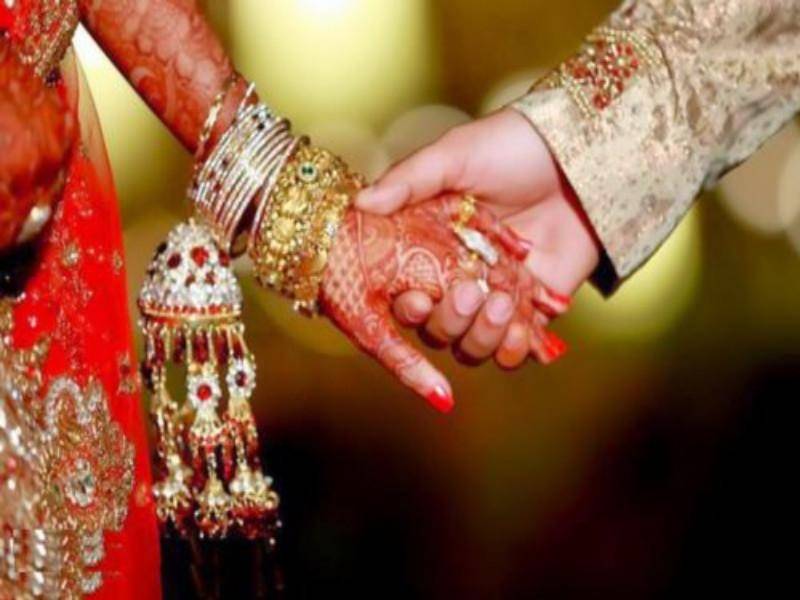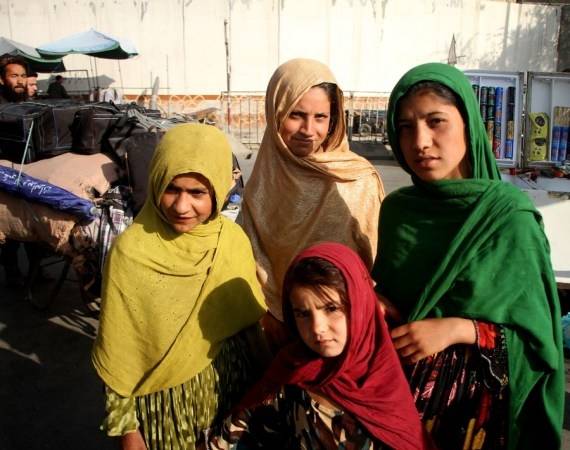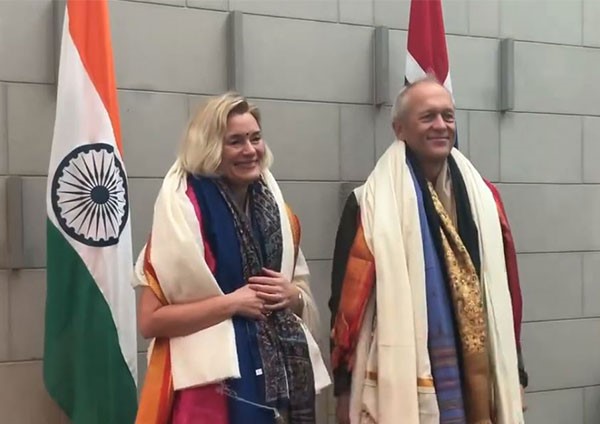The Human Rights Watch has identified various triggers for honour-related crimes, including violations of social norms and accepted behaviors. A woman’s choice of clothing, employment, or education; refusal to accept an arranged marriage; getting married without family consent; seeking a divorce; being raped or sexually assaulted; or even alleged intimate relations outside marriage are seen as valid reasons for honour killings … writes Dr Sakariya Kareem
Thousands of women and young girls are brutally hacked to death, or shot in a gruesome manner in the name of honour with the state watching like a mute spectator despite stringent laws against such heinous crimes.
In a gruesome incident earlier this month, a mother and her three daughters were found shot and hacked to death in their home in Swat, a suspected case of ‘honour’ killing. This tragic event has once again highlighted the persistent issue of honour killings in Pakistan, a practice that continues to claim thousands of lives annually with little effective intervention from the state or civil society.
Despite the horror of such crimes, they often fail to elicit strong reactions. Newspapers report the stories for a day, civil society groups make token noises, but widespread protests and outraged articles remain conspicuously absent. The recent Swat incident is a stark reminder of this disturbing apathy.

Swat, known for its beautiful mountainous landscapes, has seen a spiraling number of honour killings, sexual assaults, and suicides since 2012. According to The Awakening, a civil rights group, 229 people have been killed in the name of honour in Swat over the past seven years, including 211 women and 18 men. Tabassum Adnan, founder of the women’s group Khuvindu Jirga, expressed deep concern over this rising trend, stating that perpetrators often show pride rather than remorse for their actions.
In Pakistan, suspects in honour killings are typically relatives of the victims, leading to fewer cases being registered and even fewer testimonies being recorded. This familial connection often allows the accused to escape punishment, perpetuating a cycle of violence. Low prosecution rates have only emboldened people to commit such crimes with impunity.
The Human Rights Commission of Pakistan (HRCP) has noted that the passage of the Criminal Law (Amendment) (Offences in the Name or Pretext of Honour) Act 2016 has not significantly reduced the number of honour killings. These killings are driven by the belief that ‘honour’ resides in women’s bodies, a notion deeply ingrained in Pakistan’s patriarchal society. The HRCP estimates that over 1,000 women are killed each year in Pakistan in the name of honour, though many cases go unreported due to family and community pressure.
The Human Rights Watch has identified various triggers for honour-related crimes, including violations of social norms and accepted behaviors. A woman’s choice of clothing, employment, or education; refusal to accept an arranged marriage; getting married without family consent; seeking a divorce; being raped or sexually assaulted; or even alleged intimate relations outside marriage are seen as valid reasons for honour killings.
A particularly shocking case from 2011 involved a video of five young women and a teenage boy clapping, singing, and dancing. Although the video did not show the women and the boy together, it sparked a major controversy. All five women and the two boys were subsequently killed by their families. When a relative campaigned for justice, his house was firebombed, and he was killed in 2019.
Efforts to outlaw honour killings in Pakistan began nearly two decades ago. In 2004, the National Assembly passed the Honour Killing Act, criminalizing such murders. However, a loophole allowed family members to forgive the convict through an Islamic legal practice known as Diya. This practice is especially troubling in honour killings, where family members often commit the murder.
Following the high-profile murder of social media star Qandeel Baloch in 2016, the National Assembly enacted the Anti-Honour Killing law, which mandated life imprisonment for the convict even if forgiven by the victim’s relatives. However, the law allowing relatives to forgive the murderer remains in practice. Qandeel Baloch’s brother was acquitted under this law after his mother forgave him, with the judge ruling the case was not an honour killing.
This ruling, coupled with the fact that many honour killings go unreported, continues to leave women and men vulnerable to being killed in the name of protecting family honour. The persistent prevalence of honour killings in Pakistan underscores the urgent need for more stringent legal reforms and a societal shift to protect the fundamental rights and lives of all individuals.









